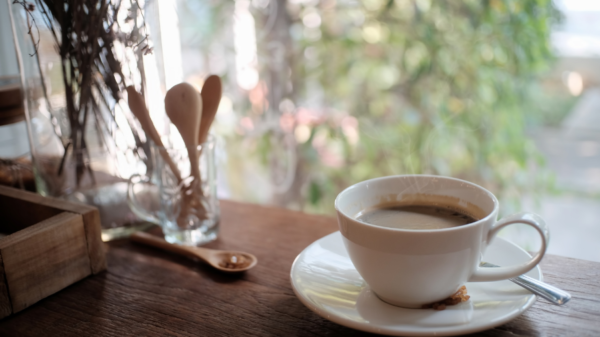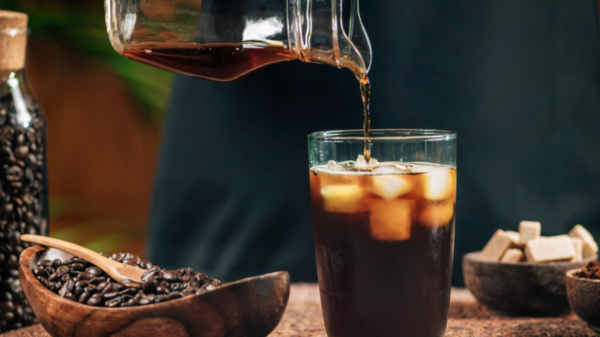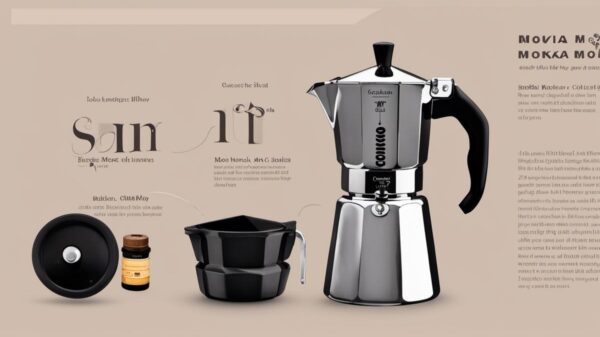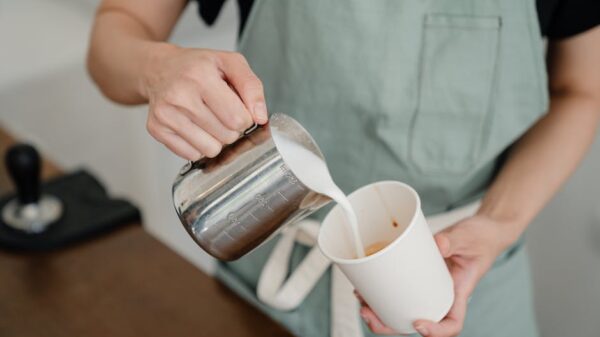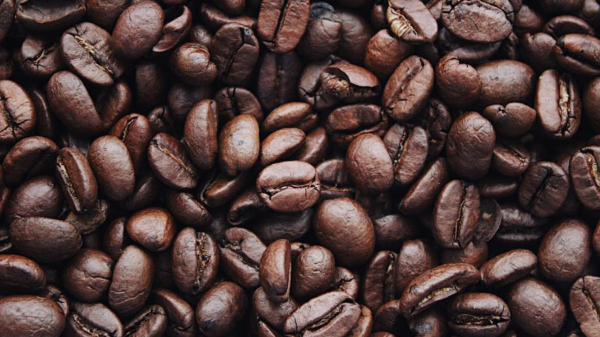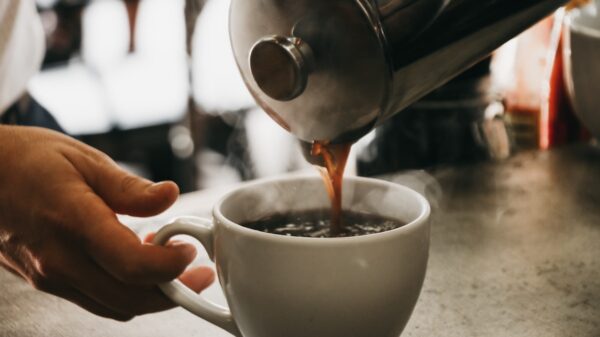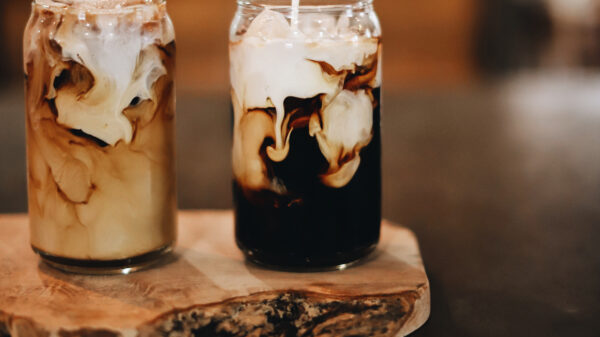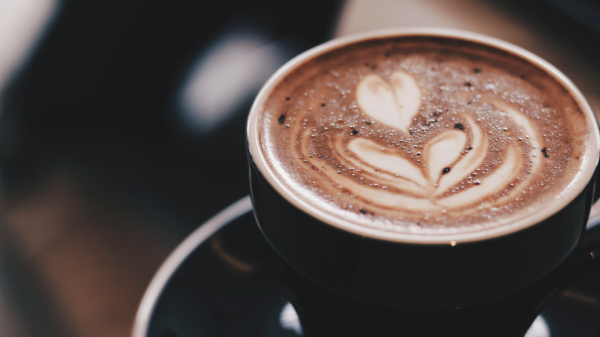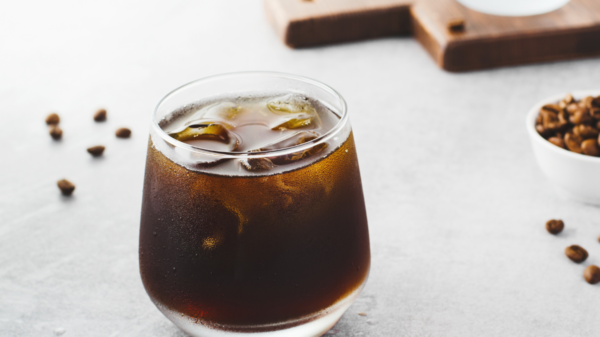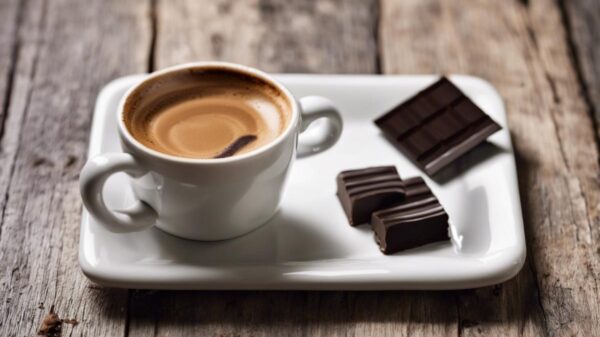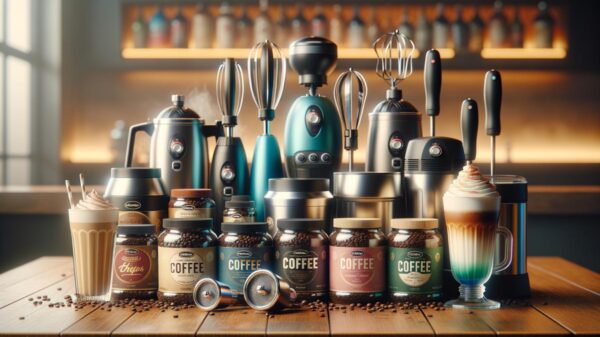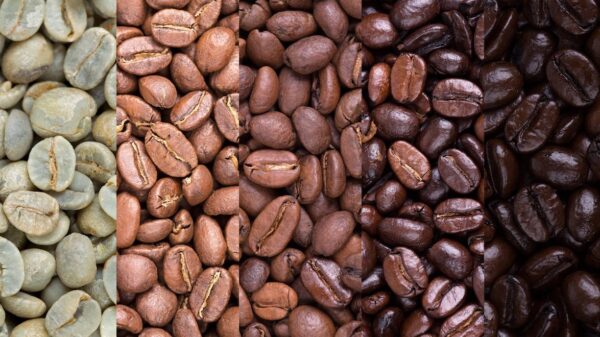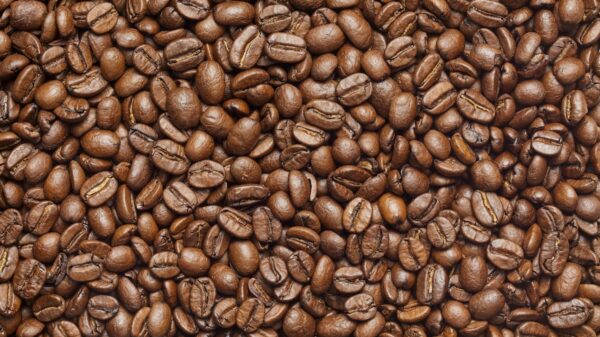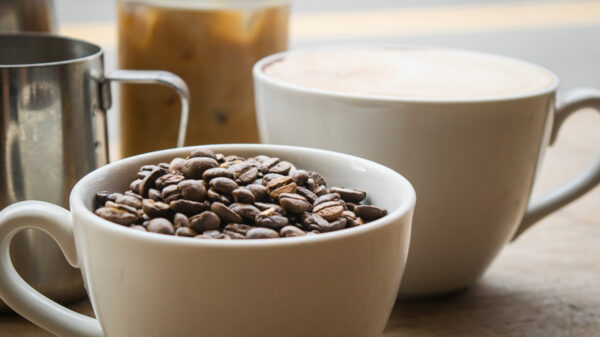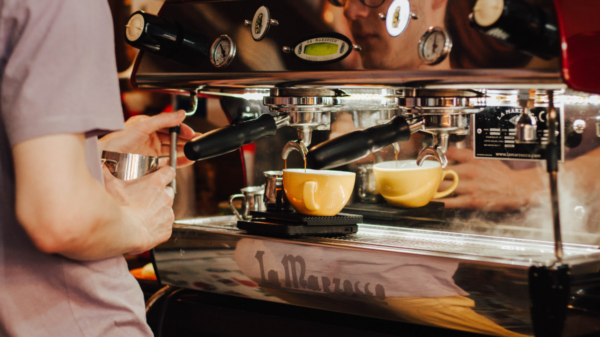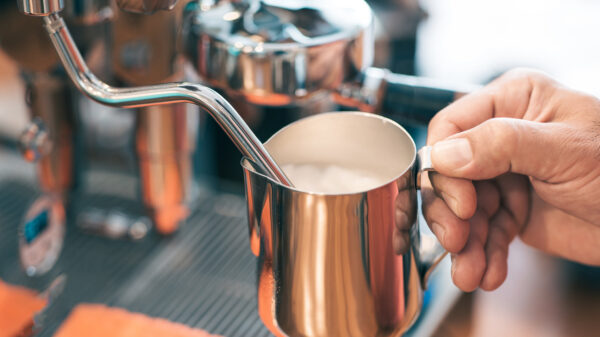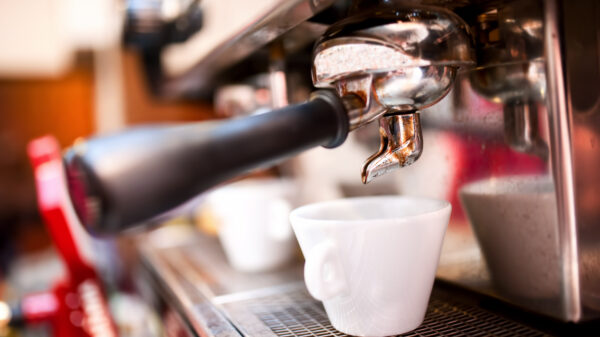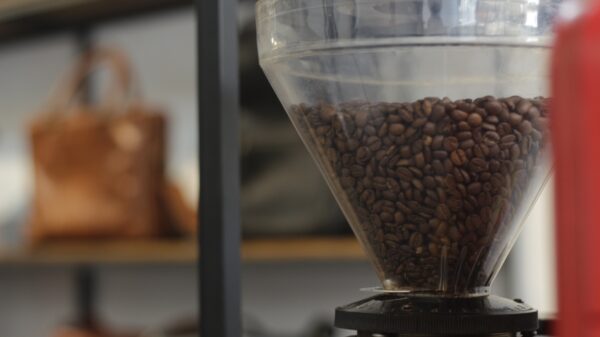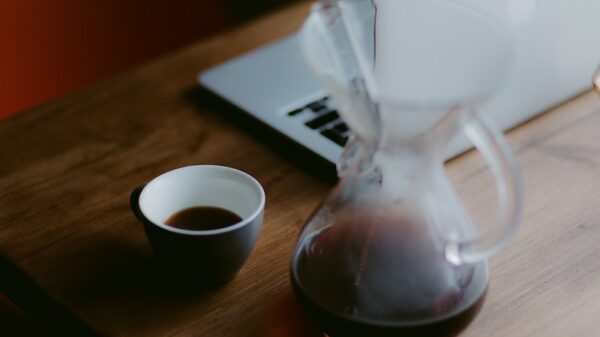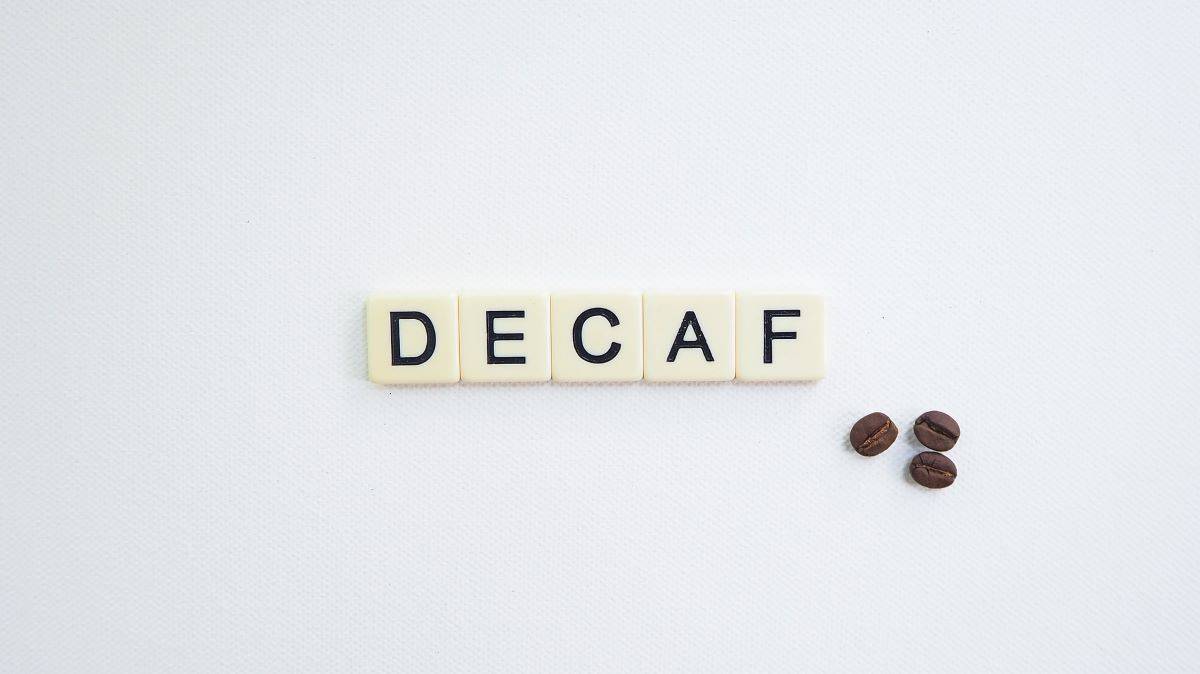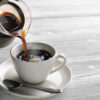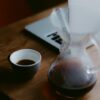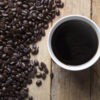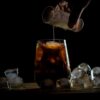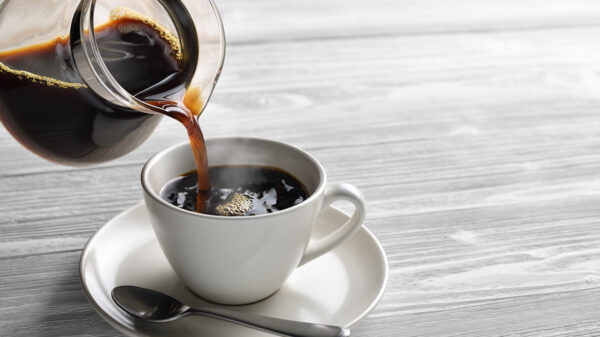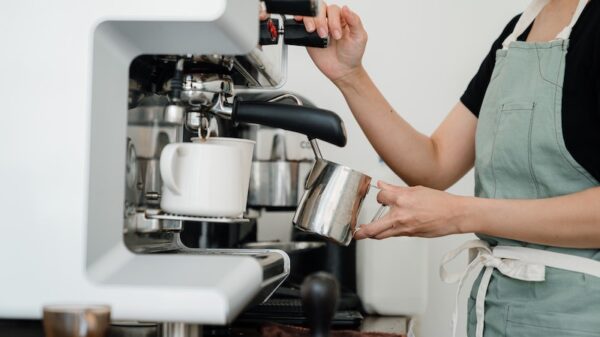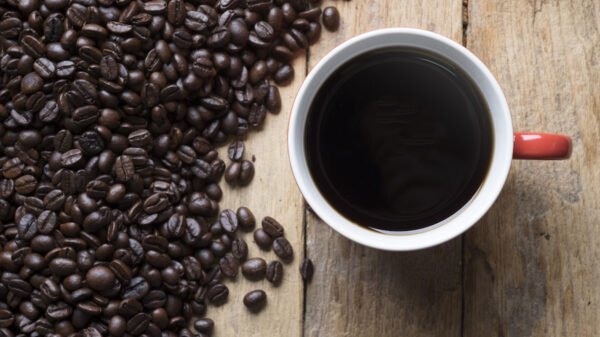Is Caffeine Found In Decaffeinated Coffee?
We all know that the love for coffee is strong across the world. Coffee is the second most traded commodity in the world [after oil]. It’s been a staple in many people’s daily routines for centuries. I was eager to know the main differences between caffeinated and decaffeinated, so I did some investigating as to what ingredients are found in a standard cup of decaf.
So, does decaffeinated coffee have caffeine? The answer is yes. Caffeine is primarily found in decaffeinated coffee, as decaf coffee beans are soaked in water and filtered decaffeination method to remove the caffeine content from the beans. According to a study by the University of Florida, there may be anywhere between 0.01-8mg of caffeine found per cup of decaffeinated coffee.
We all know that caffeinated coffee makes you more alert and focused – but decaffeinated coffee is decaffeinated for a reason, right? Well, you might be surprised to find out just how much caffeine decaffeinated coffee has!

What Is Decaf Coffee?
Decaf coffee is regular brewed coffee that has had its caffeine taken out of it. There are two major ways decaf coffee is made: water decaffeination and organic solvent decaffeination.
Water Decaffeination
This process begins by soaking the green coffee beans in hot water before they go through a carbon filter to remove most of the caffeine from them. Then, decaf coffee with a 90% chance of being decaffeinated goes through another round of water until most of the caffeine is out of it.
Organic Solvent Decaffeination
This process involves soaking green coffee in hot water and then filtering that water through activated charcoal and or paper to remove all of the caffeine. Then, the coffee beans are decaffeinated by dissolving them in an organic solvent that removes most of the caffeine from it.
The decaffeination process helps coffee companies create decaf coffee because the decaffeination process makes decaf coffee more consumer-friendly to people who can’t drink regular coffee because of its high levels of caffeine.
The decaffeination process also makes decaf coffee taste nearly identical to regular brewed coffee, so consumers don’t have to compromise their taste buds just because they can’t handle caffeine very well.
Decaf Coffee Is Common For People With Caffeine Sensitivity
More than 20% of Americans suffer from some kind of sensitivity or allergy when it comes to drinking normal brewed coffee that has caffeine in it. For this reason, decaf coffee is the best coffee for them because it doesn’t affect their allergic reaction to caffeine.
Decaf drinkers can drink decaff all day long without having to worry about the harmful effects that come with ingesting caffeine like jitteriness, an irregular heartbeat, higher blood pressure, insomnia, etc.
They can enjoy decaf coffee without worrying about what might happen if they drank normal coffee with caffeine in it.
Why Do People Drink Decaffeinated Coffee?
People also drink decaf coffee because decaffeinated coffee has a lot of health benefits compared to regular brewed coffee. For example, decaf coffee contains a high level of antioxidants that help protect your immune system from harmful diseases by fighting free radicals in your body.
Decaff coffee also helps people lose weight and stay fit. The decaf coffee energy boost gives them the extra edge they need to get through their day without drinking decaf all the time. This brings up the last reason why decaffeinated coffee is popular: it can add health benefits to any other type of caffeinated compatible drink like sodas or even tea.

3 Main Differences Between Decaf & Regular Coffee
First, decaffeinated coffee beans are decaffeinated with the use of water instead of chemical decaffeination. The decaf coffee beans are soaked in hot water, which cuts off caffeine content by 80-90%.
Second, decaf coffee is often roasted lighter than regular coffee. This reduces its caffeine content even more.
Third, decaffeinated coffee beans are decaffeinated naturally using carbon dioxide, while regular coffee uses a chemical process with toxic chemicals to decaffeinate its beans – also known as the Methylene Chloride method.
These methods require special equipment and can be extremely pricey for companies who want to go decaf – especially considering how low the profit margins are on decaf vs regular coffee!
I wouldn’t mind spending little extra cash on decaf if it were decaffeinated naturally, but the decaf coffee decaffeinated using chemicals doesn’t make me feel any more relaxed I’m more anxious! But there are also positive effects of decaffeinated coffee.
The Benefits of Drinking Decaffeinated Coffee
Some research suggests that decaffeinated coffee contains high levels of antioxidants. These help to increase energy within our cells and slow down aging.
If you’re looking for a healthier lifestyle, decaf might be your best bet! Starbucks is offering Antioxidant Infusion with their Cold Brew coffees, which will give you 100% natural caffeine-free pick-me-up when you need it most.
If decaffeinated coffee has caffeine, why drink it? Well for one thing decaf coffee offers you all the health benefits without the jitters! Some people are not able to drink regular coffee because it makes them feel sick. If decaffeinated coffee has caffeine, it might be a great option for those sensitive to coffee!
One might also choose decaf because they want to still drink the delicious taste of coffee in the evening, without it keeping them awake at night.
Which Decaf Coffee Has the Least Amount of Caffeine?
Different decaffeinated coffee beans have different caffeine contents. Arabica decaffeinated coffee has 0.9-1.7% caffeine while Robust decaffeinated coffee has 2.2-4.5% caffeine content.
Depending on which coffee bean you buy will determine how much coffee Make sure you read decaf labels closely to determine the amount.
Decaf coffee is decaffeinated for a reason, and often contains anywhere from 2.5-4% caffeine content! This may still sound like too much caffeine to some people. However, it’s not enough to get many people hooked on decaf coffee – unless you’re very sensitive to the effects of caffeine.
What Are Some Good Coffee Alternatives?
If coffee isn’t your thing, then there are a lot of coffee alternatives for you to try. Many of these options won’t leave you with a coffee hangover, which is a common problem when coffee is consumed in excess. Here are some alternatives that will still satisfy your coffee cravings:
Matcha Tea
Matcha is a powdered green tea that has the caffeine of coffee but with half of the acid. It’s high in antioxidants, which are important for good health.
There are no coffee alternatives that are as healthy as matcha tea. Both coffee and matcha tea have tannins, but coffee has double the amount of tannins than matcha does.
Matcha also has L-theanine, an amino acid that gives you energy without any jitters or crashes later on. Japanese Buddhist monks drank this before meditation because it kept them alert without being overstimulated.
Cacao Powder
Not to be confused with Cocoa, which is much sweeter, cacao is raw chocolate in powder form. Cacao has many antioxidants, minerals like magnesium and iron, plus it’s got serotonin which makes it a very good coffee alternative. It has both caffeine and theobromine, making it stimulating without any coffee bitterness or crashes.
Cacao will keep your mind sharp and your body relaxed without putting you into caffeine overload. Cacao is raw chocolate that isn’t processed with alkali, so it’s high in antioxidants.
It has a milder effect than coffee but is still enough to boost your mood and keep you alert. Cacao also gives you an endorphin rush, which mimics the same feeling of happiness that coffee provides.
Gingko Biloba
This is another coffee alternative that will give you energy without the coffee crash at the end or jitters beforehand. It’s one of nature’s best nootropics because it enhances memory, alertness, mental acuity, focus, concentration levels, and brain processing speed.
When combined with coffee, ginkgo Biloba and coffee provide a powerful nootropic punch that can reach new levels.
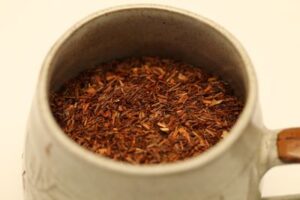
Rooibos
This is a caffeine-free coffee alternative that comes from South Africa. It has low tannins, which means it doesn’t accentuate the bitter taste of coffee and coffee alternatives like matcha and cacao do. It’s also rich in antioxidants, which gives you the same health benefits as coffee alternatives with more antioxidant power.
Rooibos is great to drink either hot or cold because it holds up well under heat without becoming bitter or overly astringent. You can make your rooibos latte at home by adding almond milk, cinnamon, honey, and vanilla for a delicious coffee substitute that provides health benefits instead of coffee’s detriments.
With these coffee alternatives, coffee won’t feel like such a coffee summit. You’ll be able to enjoy coffee and coffee alternatives guilt-free and maintain your coffee addiction without any issues or unwanted headaches.
Conclusion
With this article, we hope we were able to answer some common misconceptions about decaffeinated coffee. Although decaf might be a good option for those who want to avoid the effects of caffeine, you must be aware that almost all decaffeinated coffee does contain a small amount of caffeine. Be sure to do your research if you want to avoid caffeine completely.

